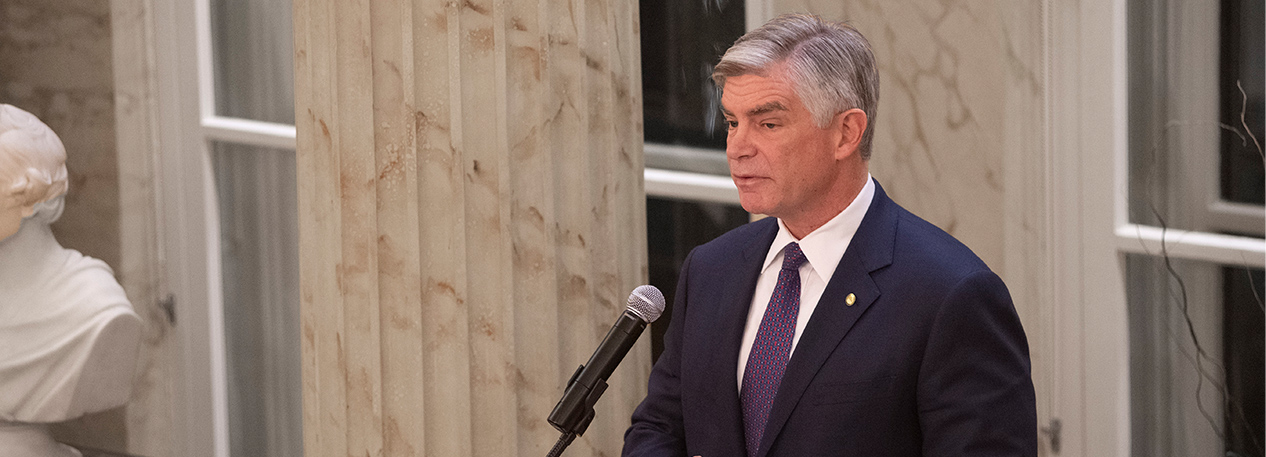For immediate release
Contact: Daneil Mazone, Media Relations, 215-574-7163
New York, NY — When the Federal Reserve begins unwinding its $4.5 trillion balance sheet, “It will be the policy equivalent of watching paint dry,” said Patrick T. Harker, Philadelphia Fed president, in a speech in New York.
“There are different options under discussion, but we’re looking for a normalization process that is gradual and essentially on autopilot,” said Harker. “If something happens, of course we’ll intervene, but we fundamentally want to push the start button and leave it to churn slowly away.”
Harker also noted that market participants should remember that “tightening policy isn’t the same thing as tight policy. We’re talking about easing our foot off the proverbial gas — very slowly, I might add — we’re not talking about applying the brakes.”
When normalization starts, “We will still be holding a lot of assets, we’ll still have rates that are historically very low, and the overall stance of monetary policy will still be very supportive of growth.”
Discussions about the Fed’s balance sheet have ramped up of late, with speculation about the timing. Harker said the timing wasn’t “tied to a specific date or number,” adding “I do think we’ll start sometime this year, but I’m not tying it to any numerical determinant, whether that’s a decimal point on inflation or a day in the calendar.” He also said that markets would be given advance warning: “I can say with absolute certainty that markets will get a heads up with a good amount of time.”
Harker noted that the economy was headed toward full health and that “we want our unconventional tools to be at their most effective. As productivity has dropped, it’s taken the neutral funds rate with it, which means the zero lower bound is closer and we have less room for maneuver. That constricts the efficacy of using the fed funds rate. And if something were to happen, if another crisis were to occur, further asset purchases may prove less effective, or perhaps even more difficult to execute, with a large balance sheet still in place.”
